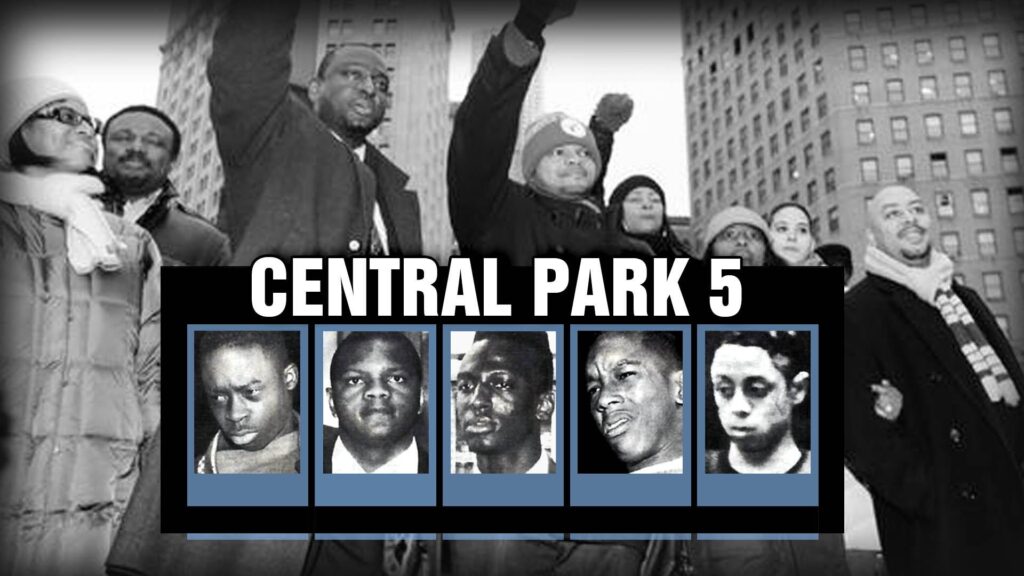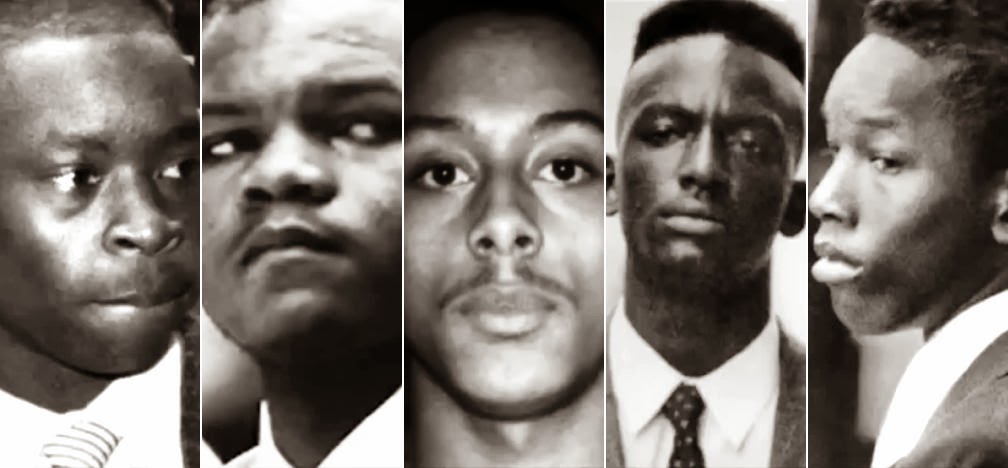
By Rev. Dr. Philippe SHOCK Matthews

The Reid Technique, a widely used interrogation method developed in the 1940s and 1950s by John E. Reid, has come under scrutiny in recent years due to its potential role in eliciting false confessions. The case of the Central Park Five, now known as the Exonerated Five, has brought the technique’s controversies to the forefront of public attention. This article explores the Reid Technique, its application in the Central Park Five case, and the broader implications for the criminal justice system, particularly concerning its impact on Black individuals in the United States.
The Reid Technique: An Overview

The Reid Technique consists of three main phases: factual analysis, the behavior analysis interview, and the nine steps of interrogation. These steps are designed to increase a suspect’s anxiety when lying and decrease it when telling the truth, thereby encouraging confessions. The nine steps include direct confrontation, theme development, handling denials, overcoming objections, and presenting an alternative question that implies guilt.
Critics argue that the Reid Technique’s psychological manipulation and reliance on presumed behavioral cues of deception can lead to false confessions, especially among vulnerable populations such as juveniles and the mentally ill. The technique’s confrontational nature and the use of minimization tactics, which downplay the moral implications of the crime, have been called into question.
The Central Park Five Case

The Central Park Five case is a prime example of how the misuse of the Reid Technique can lead to wrongful convictions. In 1989, five Black and Latino teenagers were accused of assaulting and raping a white woman in Central Park. Despite a lack of physical evidence linking them to the crime, the teenagers were subjected to lengthy interrogations using the Reid Technique. The interrogations allegedly involved promises of leniency, threats, and coercion, leading to false confessions from all five individuals.
The teenagers were convicted and spent between six and thirteen years in prison before being exonerated in 2002 when the true perpetrator confessed and DNA evidence confirmed his involvement. The case highlighted the potential for the Reid Technique to be misused, leading to false confessions and wrongful convictions.
Systemic Racism and the Reid Technique
The Central Park Five case also underscores the disproportionate impact of the Reid Technique on Black individuals in the United States. Systemic racism within the criminal justice system, including racial profiling and biases, makes Black individuals more vulnerable to the technique’s coercive tactics. The historical mistrust between Black communities and law enforcement, rooted in a long history of marginalization and criminalization, can further exacerbate the pressures felt during interrogations.
Addressing these issues requires a multifaceted approach, including reforming interrogation practices, enhancing law enforcement training on cultural competency and the psychological impacts of interrogation, and implementing broader criminal justice reforms to tackle systemic racism.
Alternatives and Reforms

In response to the controversies surrounding the Reid Technique, some law enforcement agencies and training organizations have started to adopt alternative interrogation methods. These approaches prioritize building rapport, using open-ended questions, and avoiding coercive tactics to obtain accurate information without risking false confessions.
Wicklander-Zulawski & Associates, Inc., a prominent training firm, stopped teaching the Reid Technique in 2017 and now focuses on non-confrontational methods. They emphasize the importance of electronically recording the entire interview process to ensure transparency and accountability.
The Reid Technique’s role in the wrongful convictions of the Central Park Five highlights the urgent need for reform in interrogation practices. The technique’s potential for eliciting false confessions, particularly from vulnerable individuals and Black suspects who face systemic biases, underscores the importance of adopting alternative, non-coercive methods. By prioritizing ethical interrogation practices, enhancing training, and addressing systemic racism, the criminal justice system can work towards preventing future miscarriages of justice and rebuilding trust with marginalized communities.
IMMEDIATE DOWNLOADS:
- Know Your Rights eBook by the Law Office of Keith J. Staten: https://bit.ly/4bD3MbK
- Know Your Rights Playlist: https://bit.ly/4ahvLg6
